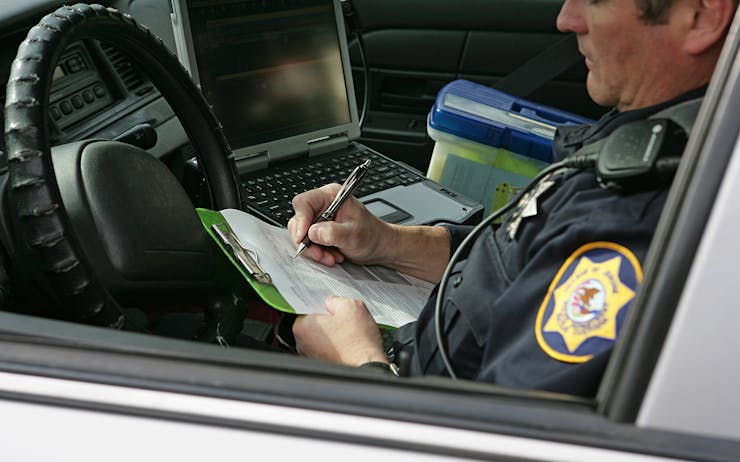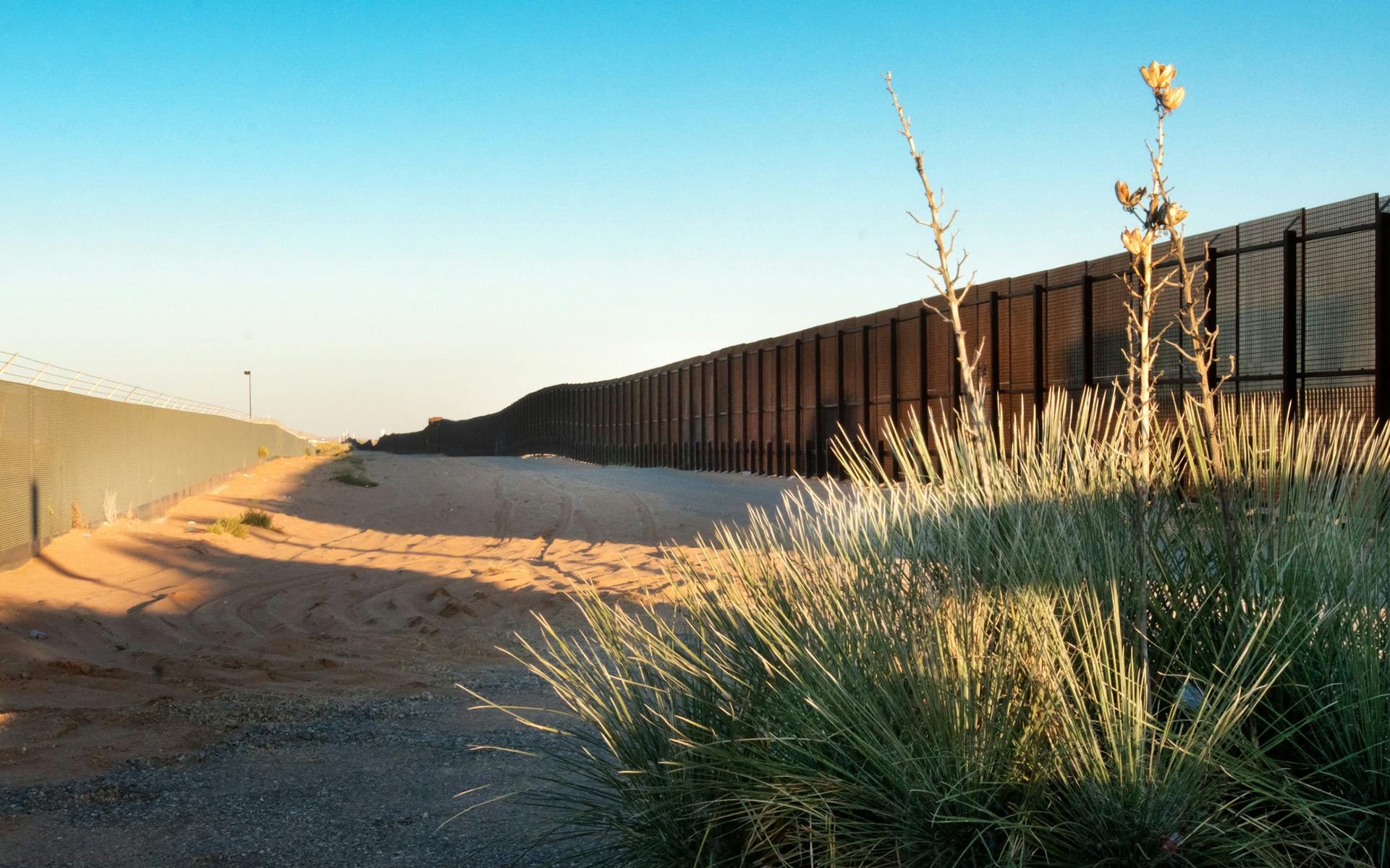In early March, police officers raided an establishment in Springfield, MA, that had been charging customers $20 for admission and then giving them “free” cannabis samples. But unlike raids that have taken place at many dispensaries around the country, the police didn’t bust down the door. They didn’t draw their guns—or order patrons and proprietors to lie face-down on the floor. Rather than weapons, the cops whipped out cease and desist letters for the operator and building owner.
And then they left without filing any charges.
Though SWAT-style raids on cannabis operations do occur—and have for decades—observers have noted a recent shift in raid tactics: Increasingly, the authorities who turn up are more likely to be armed with clipboards than submachine guns. Businesses are more likely to be hit with misdemeanors, or violations of local zoning or business codes, than felony offenses, say some attorneys who defend cannabis entrepreneurs. And where DEA agents were once frequent participants in raids, state or local authorities now frequently take action with no involvement from the feds.
“They’re issuing citations, not storming in with guns,” said Santa Monica criminal defense attorney Roger Jon Diamond. “It seems to be more professional.” While he’s quick to note that every jurisdiction takes its own approach, he’s has noticed a shift within his home state. “There’s been no federal enforcement for quite some time in California.”
Ben Bradley, operations director at the California Cannabis Industry Association, concurred. Over the past four or so years, he said, raids have tapered off considerably. Those that do occur are increasingly undertaken by local authorities working without the federal government.
“In the past, we’d see the DEA working with local police to conduct raids on dispensaries, manufacturers, and cultivators,” Bradley said. “Now we’ll see raids where there aren’t even criminal charges filed.”
SWAT-style raids on cannabis operations have increasingly come under the microscope. And for good reason: A New York Times investigation found that, since 2010, 20 raids around the country have resulted in deaths. Many others lead to pricey settlements against law enforcement agencies for inappropriate use of force.
The nation’s patchwork of cannabis laws, and the range of attitudes among law enforcement leaders in different districts, makes it hard to say with certainty what’s driving the apparent trend. But with the legacy of botched raids and lower stakes for law enforcement—Why kick down doors for what’s generally a nonviolent misdemeanor?—it seems authorities have little to gain and much to lose from heavy handed raids.
“As regulations have developed, we’ve seen raids drop off significantly.”
Though a client of hers was recently raided by the Drug Enforcement Administration, San Diego defense attorney Jessica McElfresh said law enforcement more frequently takes a different tack these days. Cannabis entrepreneurs often face criminal charges only after first being sued in civil court and receiving repeated warnings. “That’s necessary in the eyes of many if we’re going to have a regulated market,” she said.
While the shift from body-armored raids to bureaucratic ones is relatively recent, it’s safe to say it’s not Donald Trump’s doing. After all, the president still has thousands of positions to fill, and his attorney general, Jeff Sessions, has been a vocal critic of cannabis. Nevertheless, neither on the campaign trail nor in the first months in office did Trump make prosecuting cannabis a priority. Recent statements suggest that could change any minute, but for the time being, the federal enforcement landscape looks much as it did during the last few years of Barack Obama’s time in the White House, when the Cole memo largely left enforcement to states.
That hands-off approach has been facilitated by the ever-growing number of state regulations governing medical and adult-use cannabis markets, Bradley said. In California, that means things like Proposition 64, California’s legalization measure passed by voters in November. Now that the largest pot market on the planet is designing a regulatory framework, Bradley explained, there’s less for a Cole memo-abiding federal government to take issue with.
“As regulations have developed, we’ve seen raids drop off significantly,” he says.
A decrease in raids might reflect another change in tactics from law enforcement, says Robert Raich, who teaches cannabis law at Oaksterdam University and has argued medical cannabis cases before the US Supreme Court. Rather than descend upon a dispensary with guns and flak jackets, authorities in some jurisdictions have taken to threatening landlords with criminal prosecution or asset seizure.
“Sadly, that’s an effective action. For the price of a postage stamp, they can get a percentage of landlords to evict their dispensary tenants,” Raich said.
Budget cuts made to the DEA in 2015 have also played a role the agency’s approach, said some attorneys interviewed for this article. As has the steep rise in cannabis delivery services. Brick-and-mortar dispensaries have reconfigured as delivery businesses by the hundreds in recent years, giving law enforcement fewer locations to raid.
“As much as the DEA hates medical cannabis, they simply don’t have the resources or the will to shut down all cannabis businesses,” Raich said. “Instead, they’re focused on the most obvious ones, retailers with physical locations.”
If there is a bit of a detente, Heather L. Burke believes it won’t last. An attorney specializing in cannabis law in Nevada County, just outside the Emerald Triangle, says when it comes to federal enforcement under the new administration, “I expect raids could go back up.” And as for local authorities, some in Northern California have pledged to target growers in coming months, Burke said. “I don’t imagine a reduction next year from local authorities.”






